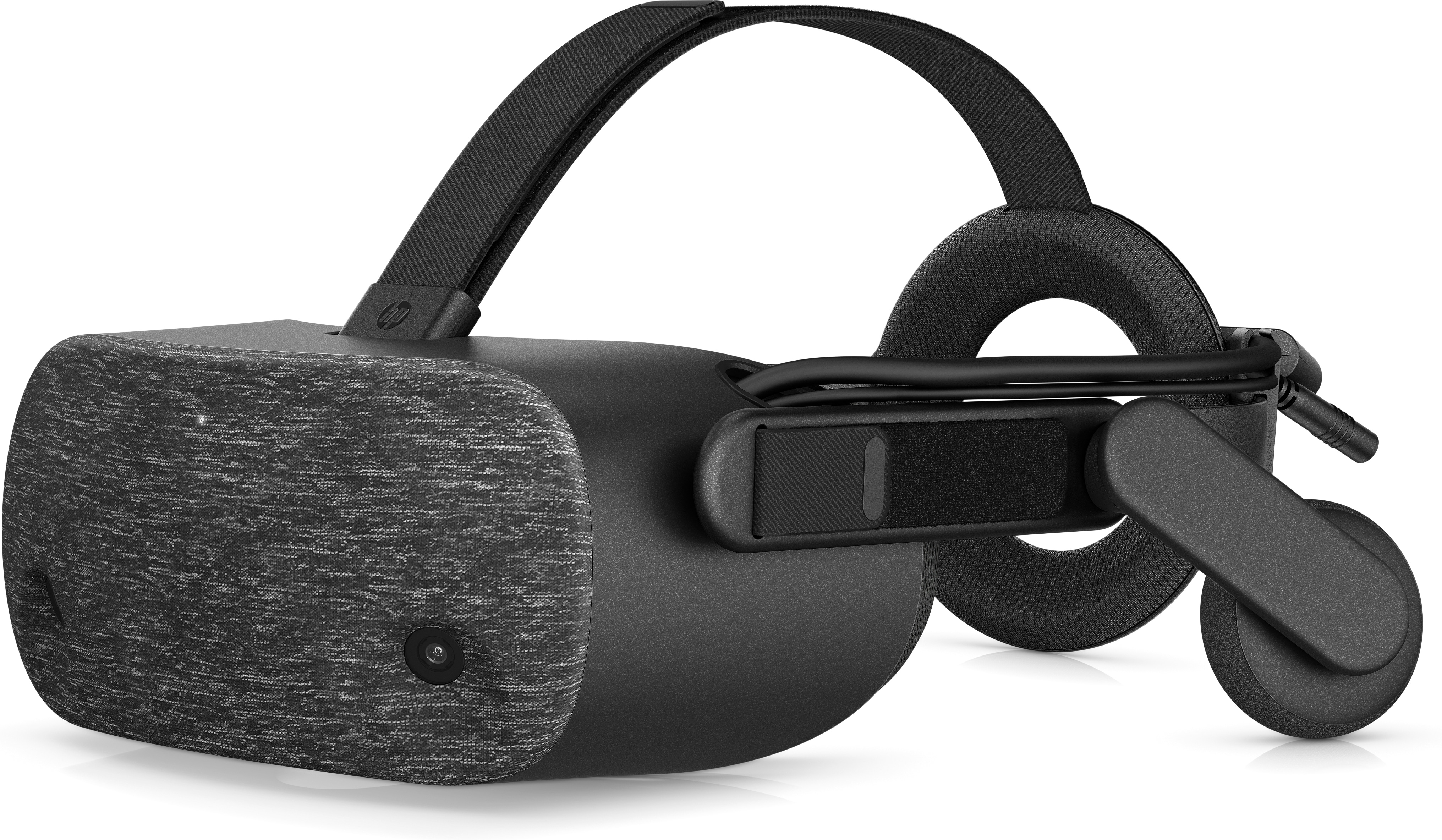|
Geolocation technology has emerged as a powerful tool that has revolutionized various aspects of our lives, from navigation to personalized services. This technology utilizes a combination of satellite systems, wireless networks, and advanced algorithms to determine the precise location of an individual or device on Earth. One of the most evident applications of geolocation technology is in navigation systems. Gone are the days when people relied solely on paper maps or asked strangers for directions. Today, GPS (Global Positioning System) enabled devices, such as smartphones and car navigation systems, utilize geolocation technology to provide turn-by-turn directions, real-time traffic updates, and estimated arrival times. This has significantly enhanced convenience and efficiency in traveling, making it easier for people to explore new places with confidence. Geolocation technology has also transformed the way businesses operate. With the ability to pinpoint users' locations, companies can offer personalized services based on their customers' preferences and proximity. For instance, retailers can send targeted advertisements, discounts, and promotions to potential customers who are near their stores. This not only improves marketing effectiveness but also enhances the overall shopping experience for consumers. Furthermore, geolocation technology has played a crucial role in improving emergency services. During emergencies, accurate and timely location information is vital for first responders to reach the scene quickly. By leveraging geolocation technology, emergency services can precisely locate individuals in distress and dispatch assistance promptly. This has proven to be life-saving in situations where every second counts. Another noteworthy application of geolocation technology is its integration with social media platforms. Many popular social media apps allow users to share their current location with friends and followers. This feature enables people to connect with others nearby, discover local events, and share personalized recommendations. Geolocation-based social media has fostered a sense of community and facilitated social interactions in both virtual and physical spaces. However, while geolocation technology offers numerous benefits, it also raises important concerns related to privacy and security. The ability to track individuals' movements and collect their location data raises questions about personal information protection and potential misuse. It is crucial for developers and policymakers to implement robust safeguards to ensure that geolocation data is used responsibly and with the users' consent. In conclusion, geolocation technology has transformed the way we navigate, interact with businesses, access emergency services, and connect with others. Its applications have brought convenience, efficiency, and personalization to various aspects of our lives. As this technology continues to advance, it is essential to address privacy concerns and establish ethical guidelines to harness its full potential while protecting individuals' rights. Geolocation technology will undoubtedly remain a critical tool in shaping our increasingly connected and location-aware world.  |
